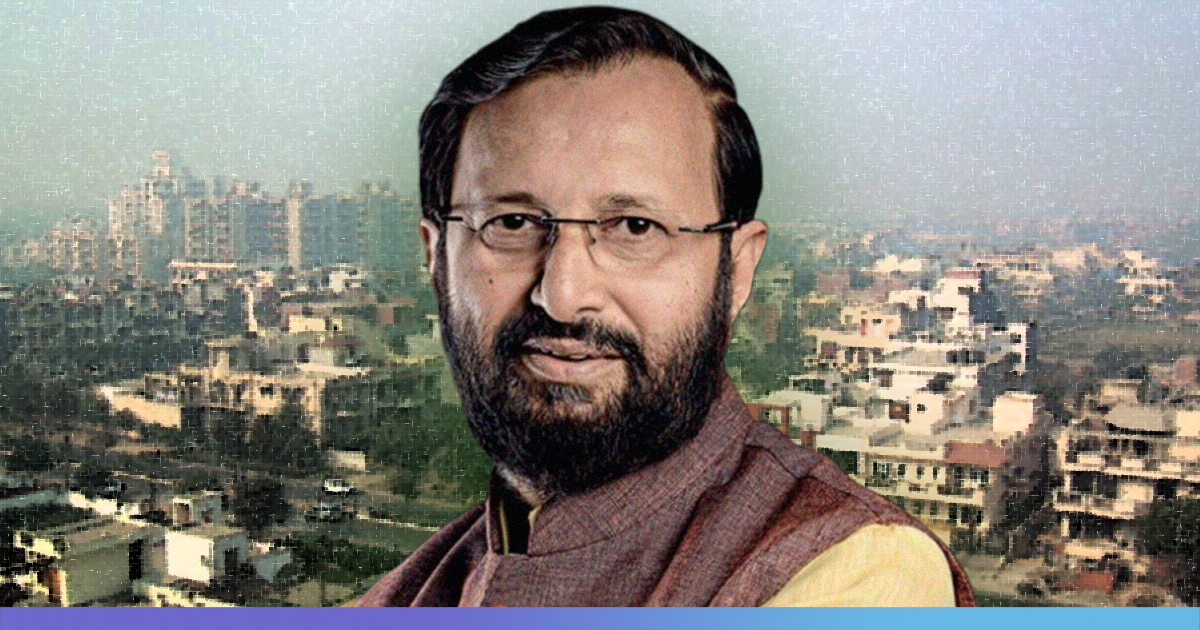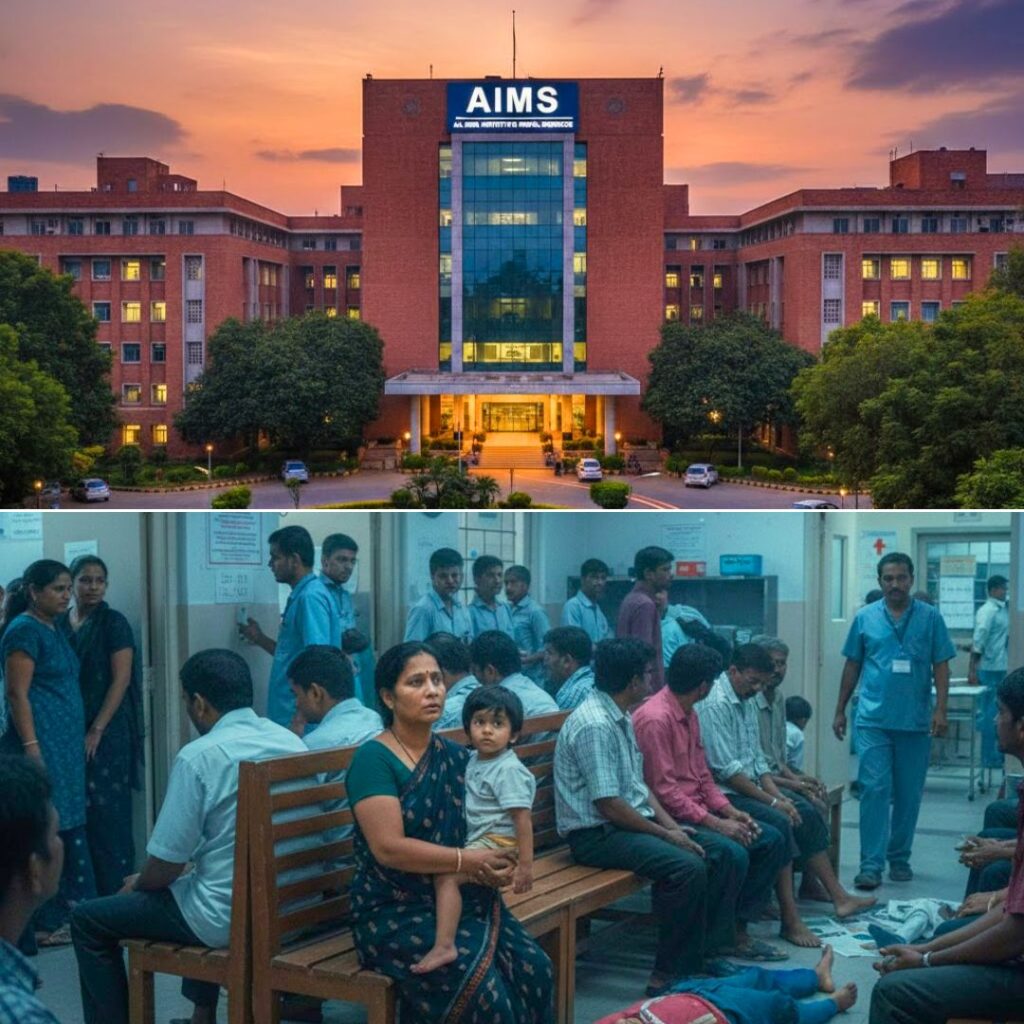On July 9, Minister for Environment, Forest and Climate Change Prakash Javadekar said that the government would launch a National Control of Pollution programme in 102 most polluted cities in India.
The objective of the government is to minimise levels of Particulate Matter (PM) by 20-30% in 102 cities by 2024. Under the Government’s ‘Eighty-City-Centric Action Plan’, the pollution combating plans for about 80 cities are already in place.
Fund Allocation
460 crores have been allocated to the programmes and it aims to give aid to civic administrations for eradicating specific pollution aspects, as each city requires a unique pollution management programme.
The government is also focusing on cleaning the air in 28 cities with over one million population and Rs 10 crore has been allocated for every city under this initiative.
Javadekar also said that the ministry has received a 16% hike in the budget over the last year. While Rs 2683 crore was allocated in the previous year, Rs 3175 crore has been allocated this year. Out of 480 crores, additional funds of Rs 204 crores will be utilised for national river conservation under Jal Shakti Ministry and Rs 17 crores for Animal Welfare Board under the Ministry for Animal Husbandry.
Javadekar said that the additional amount would be used towards state pollution boards, for reducing air pollution and to carry out the National Clean Air Programme. The government has simplified the process by putting every issue under one department or ministry, Javadekar further said.
‘Green Earth And Blue Sky’
Nirmala Sitharaman, in her maiden budget speech, spoke about the government’s aim to make the earth green and sky blue. This was in the context of government’s ten-year-vision for the country.
To combat air pollution in Delhi, the government plans to open up an Eastern Peripheral Expressway, a road that can be used by travellers who are not bound for Delhi but only pass across it. The final stretch of the expressway is expected to be ready by December.
“Sixty thousand vehicles not bound for Delhi will use this route daily,” Javadekar said in the press conference on Tuesday (July 9, 2019), highlighting a possible way to reduce vehicular load. The extension of the Delhi metro, he said, has ensured around 27 lakh people per day opting for this cleaner mass transit option. Also, the shutting down of the coughing Badarpur power plant was a positive step, he said, adding that the problem of Delhi’s air pollution is a complex one “and we are still fighting it”.











